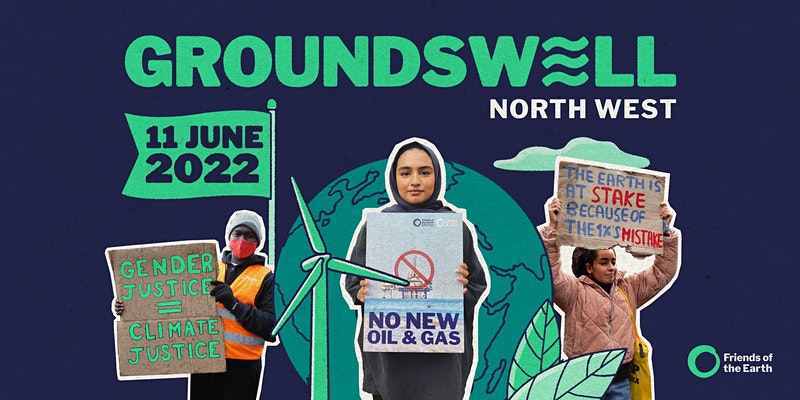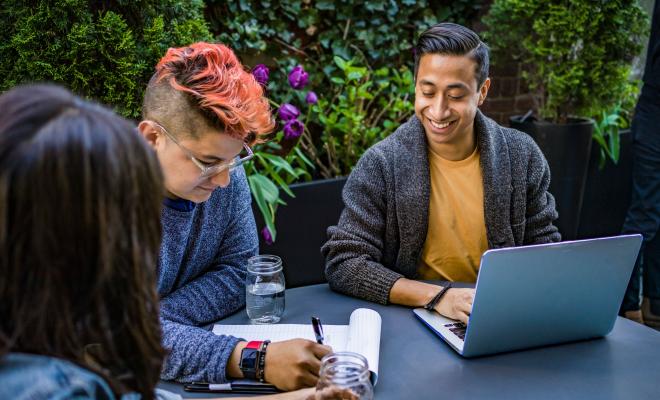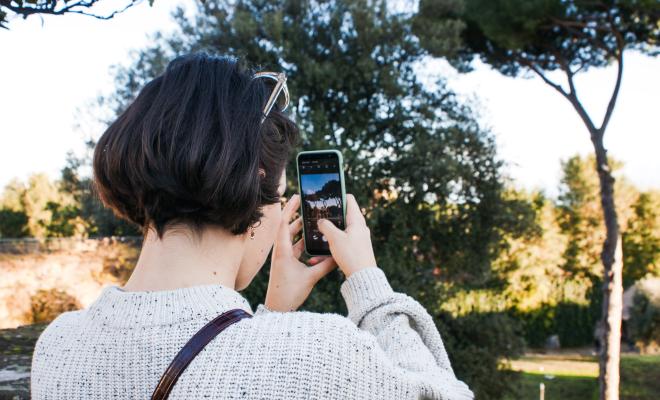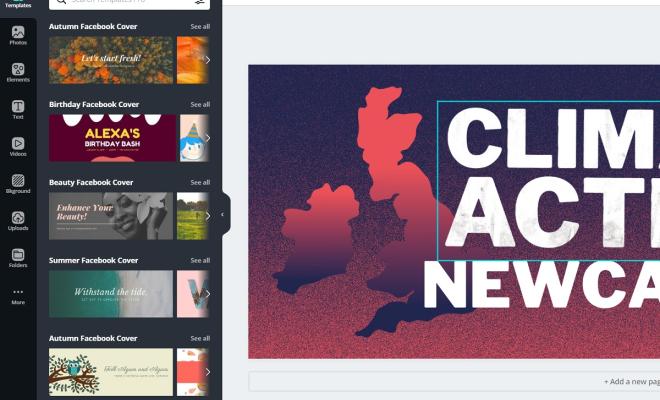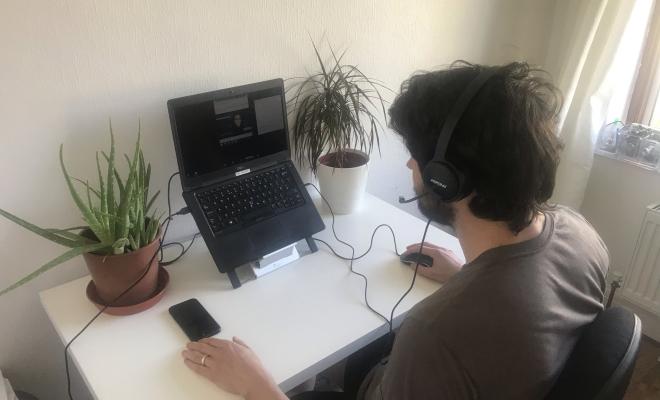03 Dec 2025
1. Think about the key details of your event
When designing an event booking page, it’s important to pause and consider what it is you’re actually trying to communicate. To help you do this, consider the 5 W’s: who, what, where, when and why.
Who: are there certain groups of people you want to attract? For example, a talk about green jobs might mean targeting students, businesses and local councillors. A public meeting about air pollution could focus on making sure the whole community feels welcome.
What: think about what the main purpose of your event is. Consider the feel of your event: is it for education, entertainment, or action? Is it a workshop where people get to network and connect with others in your community? Or is it more about listening to an expert give their opinion?
Where: make it clear where the event is taking place. Add a map and directions from public transport. Also, consider access requirements: does your venue have a lift or is it step-free? If your event is online, include the link and information about the hosting platform you’ll be using.
When: include key details like the date, start and end times of your event and outline how long your event will last, and if there will be any breaks.
Why: spell out the benefits of attending your event, and shine a spotlight on the elements of your event which are most interesting, for example, a key speaker.
Now you have all the key information, let’s take a look at putting it altogether.
2. Give your event a great structure and design
Structure
Consider structuring your writing as follows:
- Title
- Summary
- About the event
- Why attend?
- What to expect
- Outline your agenda and timings (if relevant).
Here is an example of a good events booking page, using campaigning tool Action Network.
The goal is to include key words that relate to your event page. This way, if people are skimming your text, they’ll be able to get the gist of what it’s about.
Remember to keep your writing simple and easy to understand. People generally don’t want to read essays, they want to quickly understand what your event is and why it’ll benefit them.
Design
One of the first things someone will notice when they click on your event page is the leading image. Your event image will also be the first thing others will see when they’re sharing your event link on social media, so it’s important to pick a strong image, like the one below.
If you’re not sure what a strong image is, read our guide on how to take good photos and images.
3. Make sure the next step is easy
Once someone is interested in your event, make the next step really easy (eg, booking a ticket or finding out more information).
- Have a clear “call to action”. This is the one key thing you want visitors to your page to do. If it’s to book a ticket for your event, make sure you have clear BOOK NOW buttons available, and give people clear information about how they can book.
- Shareable. Make sure your event is shareable so you can reach a wide range of people over social media.
- Contact information. Include your contact information and encourage people to get in touch if they have any questions.
4. Promote your event
Now you’ve spent time building an effective event page, it’s time to think about how to reach people. There are many ways you can go about it, whether that’s in person or online. Here are some ideas:
Online
- Social media: we’ve got a handy guide to help you make the most out of your social media platforms.
- Email: promote your event to your email list, and encourage them to forward it to their contacts. Give them a specific message, like “Can you share this with 3 people?”. For more tips, see our guide to writing an effective email.
- Promote your event on a local Facebook group or use social networks like NextDoor, which offer an easy way to reach a lot of people at once.
- Share your event with local media.
In person
- If you’re able to, promote your events at other local events happening near you.
- Hit the streets: get signatures and signups (via paper or your laptop) by organising a stall in a popular location.
- Partner up with like-minded organisations and businesses in your community. Need help finding out who you could approach? Use our guide to building local alliances.
- Spread the word at community hotspots like sports clubs, universities and colleges, faith, community and art centres and cafes.
Remember, whether you're hosting an in person or online event, there's plenty of options for creating your booking page. Options include things like Facebook events, platforms like Eventbrite to campaigning tools like Action Network.



